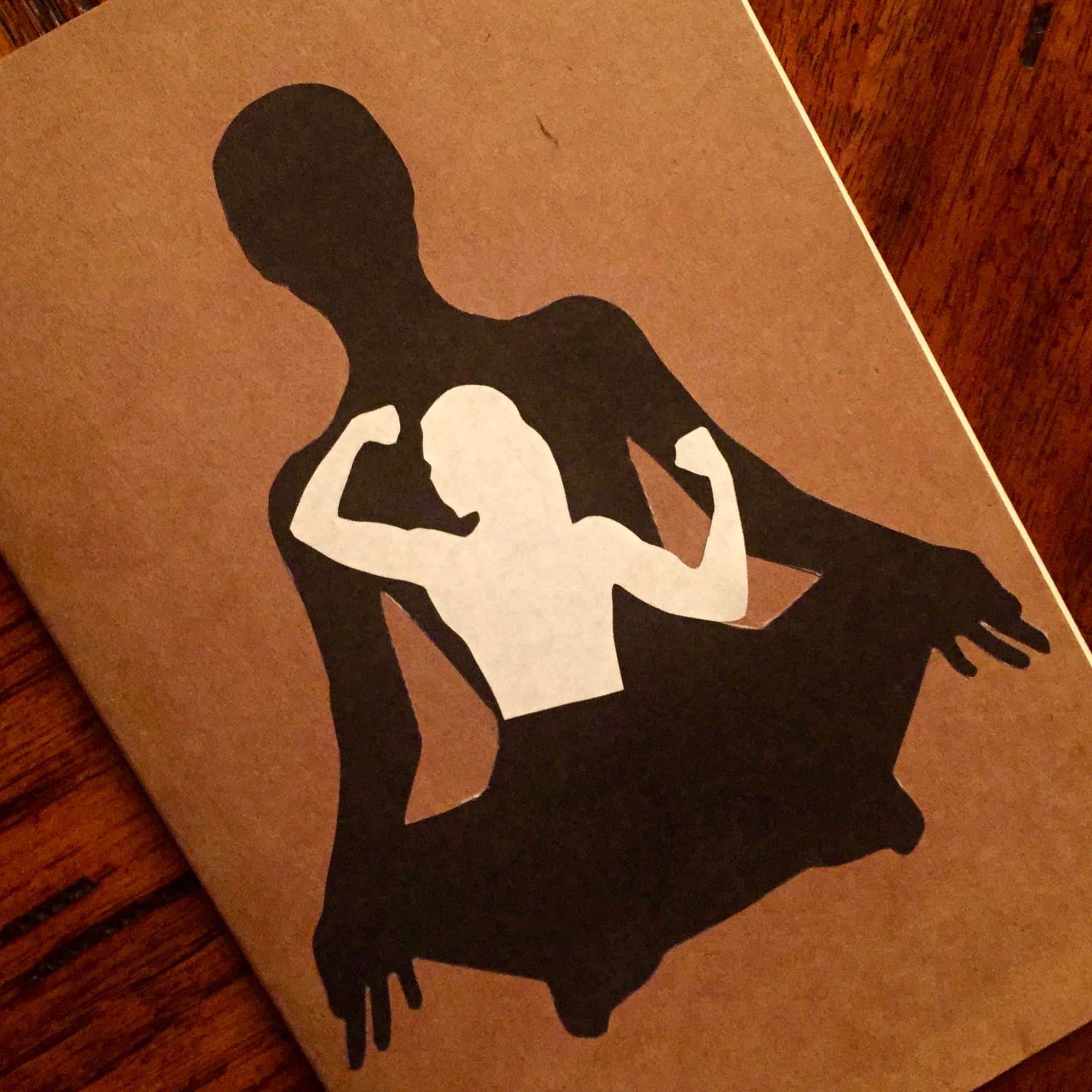Empowerment: Inside Out
Empowerment is a strong theme right now across the country. What does it mean and why is it so important? The prefix “em-“ is often used as a way to intensify the meaning of something. It indicates causing something to become, or happen to, itself. For example, if we are embodied, we are in our bodies, more aware of the sensations and experiences of our body. Literally speaking, being em-powered means bringing power into ourselves. Empowerment can manifest in different ways… through struggle and adversity, through study and reflection, through passion and purpose, or through camaraderie and the pursuit toward a common goal. It can look like two black men raising their fists on the first two tiers of the Olympic awards stand. It can also be found in the quiet determination of a woman who refused to move to the back of the bus. It may be seen in the hundreds of thousands of women marching in the streets of cities all across the globe. Yet, we may also discover empowerment in the quiet of our own thoughts and meditations. We see a profound and gentle quality of empowerment in the words and smile of the Dali Lama. We may feel empowered on a beautiful hike or during a yoga class. We many even find empowerment through tears, grief, pain, and heartache.
Whether it comes through grand gestures or more subtle experiences, discovering ways to empower ourselves allows us to become the source of our own strength, perseverance, and resilience. When I ask people what it feels like to be empowered, I most often hear it described as “liberating.” It is freeing to realize we don’t need to depend on someone outside ourselves in order to discover our power, our worth, and our purpose. Being empowered gives us confidence and a sense of pride in knowing that we are valuable in and of ourselves, regardless of our differences, imperfections, or past mistakes. It allows us to tune into and trust our inner voice and intuition, and to do what genuinely feels right for us.
Why is it important to become empowered or to discover our own individual source of inner strength? Beyond experiencing a sense of confidence, liberation, and fortitude, when we are engaged in the continuous process of empowerment, we are also able to connect more authentically with ourselves and with others. If we feel secure and comfortable in our own skin, we are much more likely to respond to others in a way that is open, receptive, and willing to understand another perspective. When we are truly empowered we experience less reactivity, resentment, and less inclined to feel the need to respond defensively. This does not mean we do not advocate for ourselves or others in the case of injustice. However, our inner strength allows us to be more steadfast and resilient.
Process of Empowerment:
Get oriented—Take note of where you are today. If you don’t know where you are standing, it can be challenging to know which direction you need to move to get where you want to go.
Practice self-acceptance—Accept where you are, short-comings, idiosyncrasies, and all.
Take inventory—Identify strengths, skills, and qualities you currently possess. Note the things you’d like to be different or improved upon. Explore your sense of purpose, your mission, and your goals.
Persevere with flexibility—Put one foot in front of the other, and continue to do so everyday. Regardless of the external (environmental/situational) terrain or the internal (emotional) climate, no matter how big or small the steps, the most important thing is to continue.
Power of affirmations—Write down, read, and recite to your affirmations daily. Numerous leaders and pioneers in the field of psychology and self-improvement endorse the benefits of affirmations, and the practice has attributed to many success stories, from athlete Mohammed Ali to media mogul Oprah Winfrey.
Becoming empowered is not a one-and-done; you don’t arrive there and sit back and coast the rest of the way. Empowerment demands continuous cultivation, and it requires a sincere effort to truly understand ourselves ~ where we come from, who we are, and who we long to be. It requires self-forgiveness and forgiveness toward others. It requires courage and willingness to stand out, to be disliked, and to take risks. When we are empowered we are becoming stronger and more powerful within ourselves. Through the process of empowerment we find ways to ignite that inner spark and generate our own sources of fortitude and purpose. This allows our inner power to be self-perpetuating, long-lasting, ever-evolving.
